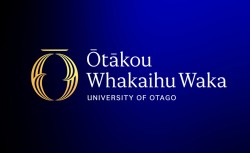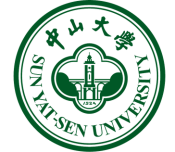Aotearoa has 16 mosquito species (waeroa in te reo Māori), most of which are native and likely to feed on birds. However, female mosquitoes also feed on many other animals, including humans, which can allow viruses to jump between species. While the transmission of well-known viruses like dengue is understood elsewhere, the viruses present in New Zealand mosquitoes remain almost completely unstudied.
This project will use cutting-edge genomic tools to examine individual mosquitoes from across the country, revealing what species they are, which animals they have fed on, and what microbes and viruses they carry. By mapping this viral diversity nationwide, we can identify hotspots where harmful viruses might emerge, assess the risks of new outbreaks, and better prepare for future mosquito-borne disease threats in Aotearoa.
>> PROJECT STARTED - 1st August 2025
Location - New Zealand (nationwide)
read more




